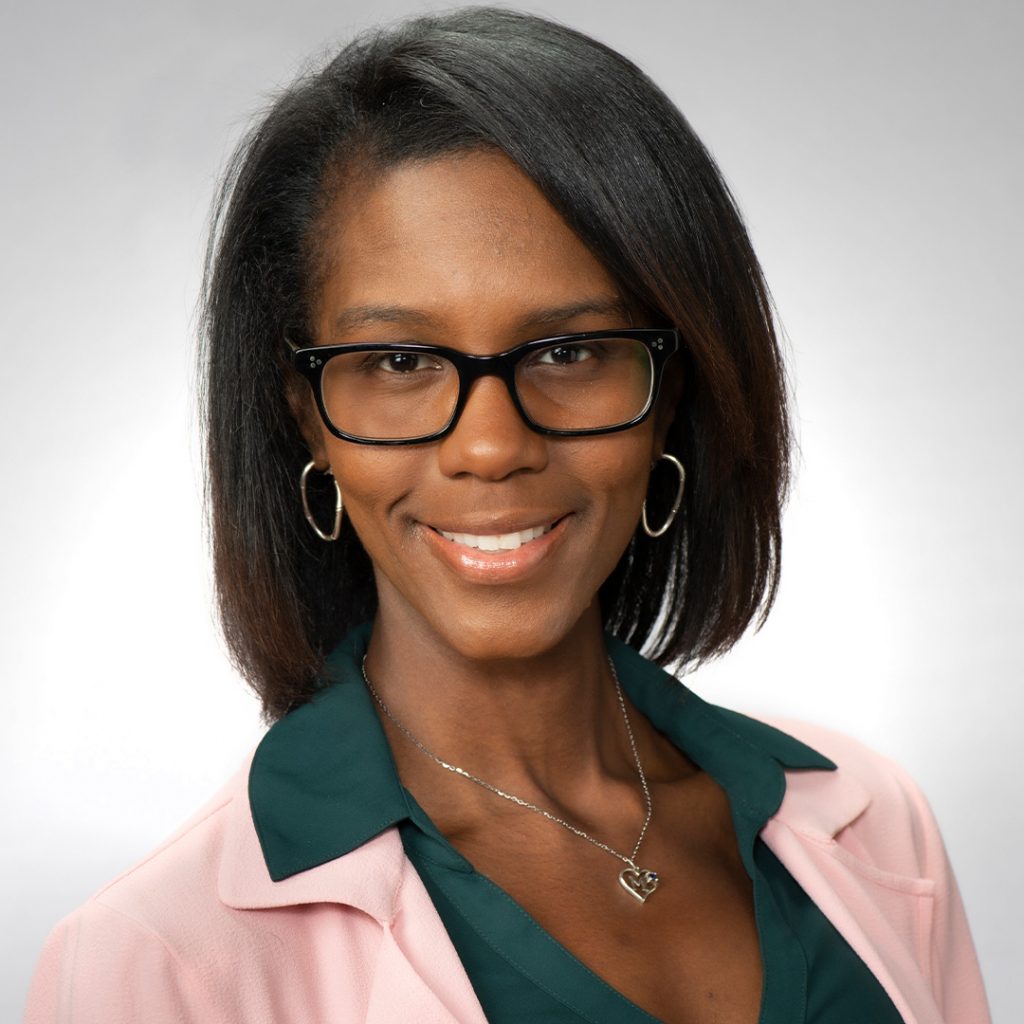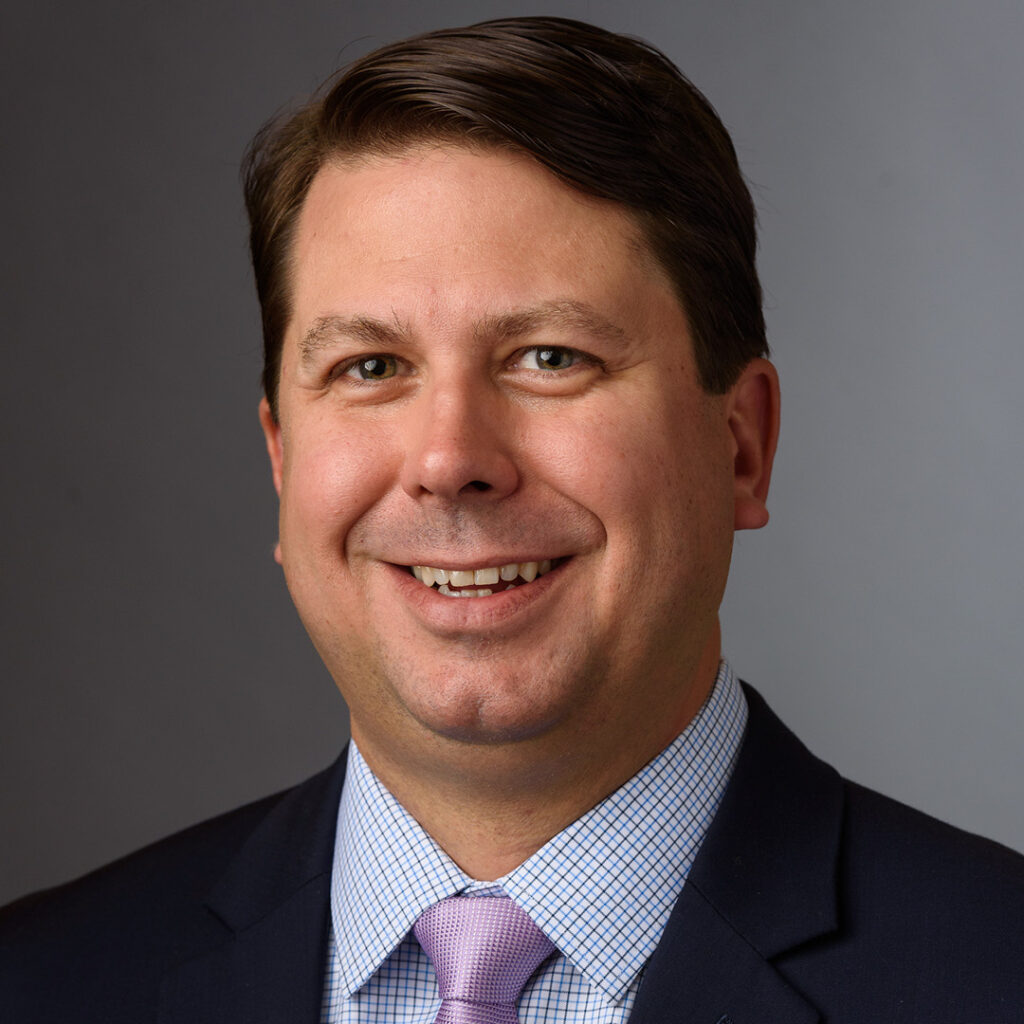Health Break: Health factors that might surprise you

A podcast for UPMC Health Plan members, Health Break is your quick guide to caring for your mental and physical health, prioritizing wellness, and making the most of your health insurance plan.
Episode 30: Take a Health Break with Ray Prushnok
Ray takes a Health Break to uncover the social determinants of health that may be affecting you, and the support available to help you.
Episode transcript:
Camille: Welcome to Health Break by UPMC Health Plan, your quick guide to health, wellness, and how to make the most of your health insurance plan. I’m your host, Dr. Camille Clarke-Smith. I help to oversee the quality of the plans and programs we offer at UPMC Health Plan.
Angelo: And I’m your co-host, Angelo Bartic. I’m a health coach who works with our members on making healthy lifestyle habits and setting goals. This is your…Health Break.
Camille: Hey everyone. Today we’ll be talking with Ray Prushnok. He joins us today to uncover the social determinants of health that may be affecting you, and the support available to help you. Thank you so much for joining us today, Ray.
Ray: Oh, thanks Camille. Happy to be here.
Camille: I’m really excited to talk about this today. First, I’d like to ask you, when we think about health, we might think about our food, exercise and lifestyle habits, and maybe genetics too. But can you share, what are some other factors that can influence our health that we might not expect?
Ray: So the World Health Organization defines social determinants of health as the conditions in which people are born, grow, live, work, and age. And they’re shaped by the distribution of money, power, and resources. And those are things like housing, food security, employment, and access to education. And much of this is probably intuitive to most people, that what makes you healthy isn’t what often happens when you’re in front of your doctor. It’s those other parts of real life. And in fact, 80 percent of health outcomes are tied to these nonclinical factors.
Camille: That sounds a little bit like social needs. Can you share what the difference between social needs and social determinants of health is?
Ray: Sure. Social determinants refer to some of those bigger picture, systemic issues. So it may be the bus system and there may not be a convenient route that gets you to your church or to the grocery store, to your place of employment. A health-related social need is whether or not you have a ride today to get to the doctor. And those things are different and we are working on both in different ways. So we have some activity where we’re looking to improve affordable housing and availability, and we’re also looking at ways where we can help you find housing if you’re in need.
Camille: So as you know I run a program here at UPMC Health Plan called the Medicare Faith and Wellness Program. It allows me to engage one-on-one with some of our members. I’ve heard from them that they’re sometimes asked questions from their provider or at a clinic that don’t really seem to be related to their health. Are these questions related to social determinants of health?
Ray: I know, right? It’s, you’re stressed out already, you’re sitting on a cold table, and you’re thinking about the reason you came to the doctor to begin with. You’re concerned about, you know, your heart or your breathing, or you have pain and they’re asking you about food, housing? Well, the important thing here is they’re looking to help you remove barriers to your care. So if your doctor’s asking you about whether or not you feel secure in your housing, they know that if you’re housing insecure, it may add additional stress that might be harmful to the health condition you’re there to talk to your doctor about.
Camille: That makes sense. It’s great to know when a physician asks these questions, they’re actually trying to ask so they can help with a need. Can you share what support is available at UPMC Health Plan for members?
Ray: Yeah, great question. So if your provider asks you about whether or not you need support with transportation, it might just be as straightforward as helping to get you to your next visit. Other times, we have resources like housing navigation and helping members navigate a really complex system. Also, we have programs like our Pathways to Work program, which is there to help you if you are not really sure where to start in your career journey. Our dream makers are there to help connect you to the right opportunity. The UPMC jobs website, for instance, can be really complex and difficult to navigate, and they’re there to help match you with the right position for your skills and talk to the hiring manager about how you might be able to contribute to their team. All of this is to say that housing, employment, transportation, these are systems that are really stressful to navigate and stressful on top of the underlying chronic conditions you’re managing and your overall health picture. So that’s why we have a lot of great resources around behavioral health as well. So all of these things, again, are to help make sure that there are no barriers for you to access your care.
Camille: This is why I love working at UPMC Health Plan. They always find a way to figure out how to supply the needs of our community members. Well, those are all the questions I have for you today, Ray. Thank you so much for joining us today and sharing more about social determinants of health and especially what UPMC Health Plan has to offer our members.
Ray: Thanks Camille. It’s been my pleasure.
Camille: Visit the show notes for this episode to learn more about the programs and resources we discussed today.
Find show notes and more information at upmchealthplan.com/podcast. Join us as we continue exploring health, wellness, and how to make the most of your health insurance plan in the next episode of Health Break.
This podcast is for informational and educational purposes. It is not medical care or advice. Individuals in need of medical care should consult their personal care provider. Views and opinions expressed by the hosts and guests are solely their own and do not necessarily reflect those of UPMC Health Plan and its employees.
Related to this episode:
- UPMC Center for Social Impact
- Pathways to Work
- UPMC Health Plan-hosted community events
- UPMC Health Plan Neighborhood Center
About Ray Prushnok:
Ray leads UPMC Health Plan’s Center for Social Impact, an office charged with implementing programs that meet social needs which impact health, quality, and cost. The Center’s work is focused on employment, housing, health equity, supporting underserved populations, and collaboration with human services and community-based organizations. Previously, Ray led the proposal, implementation, and operations for UPMC Community HealthChoices, Pennsylvania’s Medicaid Managed Care for dual eligibles and people with long-term services and supports.
Before joining UPMC Health Plan, Ray served in various capacities at the Pennsylvania Department of Aging. In this time he worked on the establishment of quality and program benchmarking, the Office of Long-Term Living, rebalancing efforts, and the passage of assisted living and regulation development. Ray has a bachelor’s degree in economics and international relations from Bucknell University.
About Dr. Camille Clarke-Smith:

Camille Clarke-Smith, EdD, is a program director in the Quality Improvement, Medicare Stars Department at UPMC Health Plan, where she leads the Medicare Faith and Wellness Program, a 3- to 12-week health and wellness challenge. She is also the founder of the nonprofit Transforming the Health of African American Women (THAW) Inc. She earned a doctorate in health and physical activity education from the University of Pittsburgh in addition to a master’s in exercise science and a bachelor’s in psychology and sociology. She is currently pursuing her master’s degree in social work at Carlow University.




